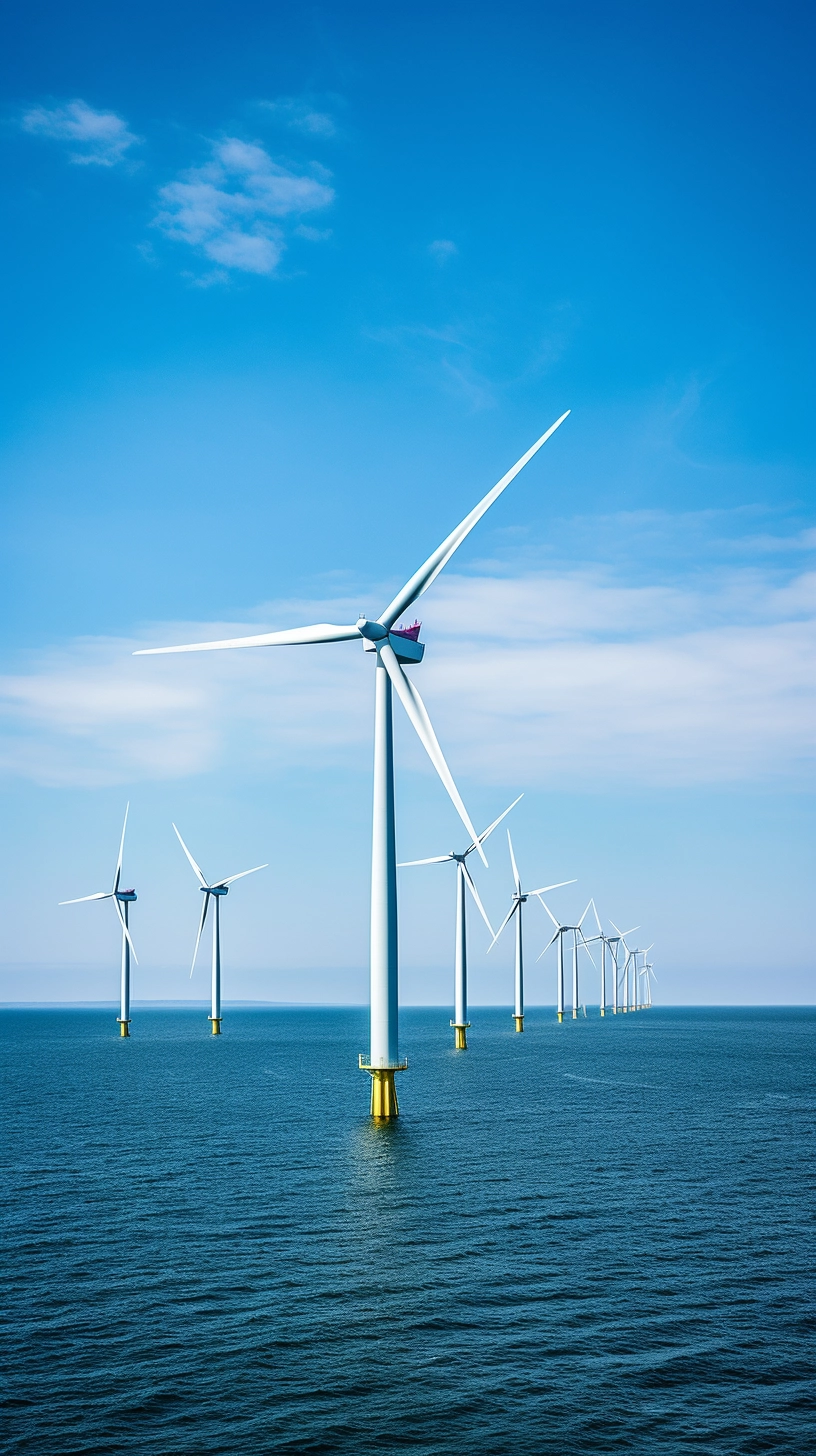Green Investments UK
Green Investing
Green, eco-friendly investing is an investment strategy that prioritizes environmental sustainability in decision-making. This approach focuses on investing in companies dedicated to sustainable practices, such as reducing waste and carbon emissions, promoting renewable energy, and developing eco-friendly products.
There are many financial benefits to green investing – companies that promote sustainable practices tend to reduce the risk of financial losses due to resource scarcity, increase their visibility in a crowded market, attract investments from environmentally aware investors, and see improved operational efficiency, among other things.
Additionally, investing in green initiatives helps promote a healthier world for future generations by helping to reduce pollution and conserve resources.
Investment Particulars

Regulatory Support
Governments are encouraging green investments through policies like tax incentives and subsidies.

Long-Term Viability
As the global economy shifts towards sustainability, green investments are seen as more future-proof.

Risk Management
Investing in green projects helps mitigate risks associated with environmental degradation and climate change.

Innovation Opportunities
The green sector offers growth in emerging technologies such as renewable energy sources.

Financial Performance
Evidence suggests green investments can be financially competitive with traditional investments.

Social Responsibility
Aligns with values of responsibility towards the planet and future generations.
An investment with our product providers are created with security and transparency in mind, offering you the confidence you need when making an investment.
+44 207 769 6888
Call to enquire
Book A Call
Request Full Due Dilligence
https://youtu.be/0eA5ULp5Ims
New Capital Link Partner “Innovation Agritech”
- Testimonials
What Our Clients Say
Recently enjoyed My 2nd exit from 79th Group, very happy with both the returns and exemplary customer service I received , special thanks to georgina and Alex who couldn’t do enough to ensure my needs were metAngela Ward16 Dec 2023
I felt reassured with my investments. I first spoke to Georgina from New Capital Link back end of 2021, the timing for not right me for to do any investments and I asked her to contact me in 2022. There was no pressure or hard sell. I spoke with Georgina and James again in 2022 and and made an investment with two companies, with one maturing early this year.
Both Georgina and James have guided me in the investments, kept in touch with updates on all my investments and been on hand to answer any questions.
I’m looking forward to investing more with them.Neelma Shah11 October 2023
Both James Harper and Geraldine Rigby have been excellent at communicating the opportunities that NCL has to generate wealth. They are well briefed and always available to talk and advise. In my experience, NCL is a safer place for one’s investments than the stock market.
Richard Williams10 Dec 2023
Very nice to see how Northumberland west chev has come along as someone that was in on every phase and it’s incredible to see the final finish of the development. Also incredibly rewarding and full credit to luke smith for the intro.
I’m now with ashbrooks inspired and look forward to seeing how this development comes along.
Thank you Alex santos and l look forward to future opportunity.Adam Rayner13 Jan 2024
Great experience, Thank you James
Extremely happy with the experience and even more so with my first exit, took a pun with NCL and it definitely paid off.
A massive thank you, to James, for all the time and efforts you put in and even more so with the fact that I was somewhat dubious at first to say the least! But was very understanding, walking me through the whole process from start to finish provided all the information required to allow me to do my due diligence.
Great company, very friendly and knowledgeable, would highly recommend. Look forward to working with you again in the future.David Clotworthy31 Mar 2023
Highly recommend New Capital Link. As a follow up to my on-boarding review, I am delighted to report, one year on, that James Harper, Director of Business Development, has delivered on successful exits on both my Acorn Bond and on a Loan Note with 79th Group which gave me a high monthly return on a large sum invested. James continues to provide guidance and support on upcoming projects and is always thinking of clients’ financial security first and foremost. Andrea GreenAndrea Green18 Nov 2022
It’s been a very long year as someone that’s a nervous investor and also takes time to research the product introduced to me the only reason for the 4 star was I got paid a few days late however I must say after my first year with this company they have delivered.
Thank you Georgina and I look forward to a very fruitful relationship going forward.
All the best
JohnJohn Tolmie13 Jan 2024

